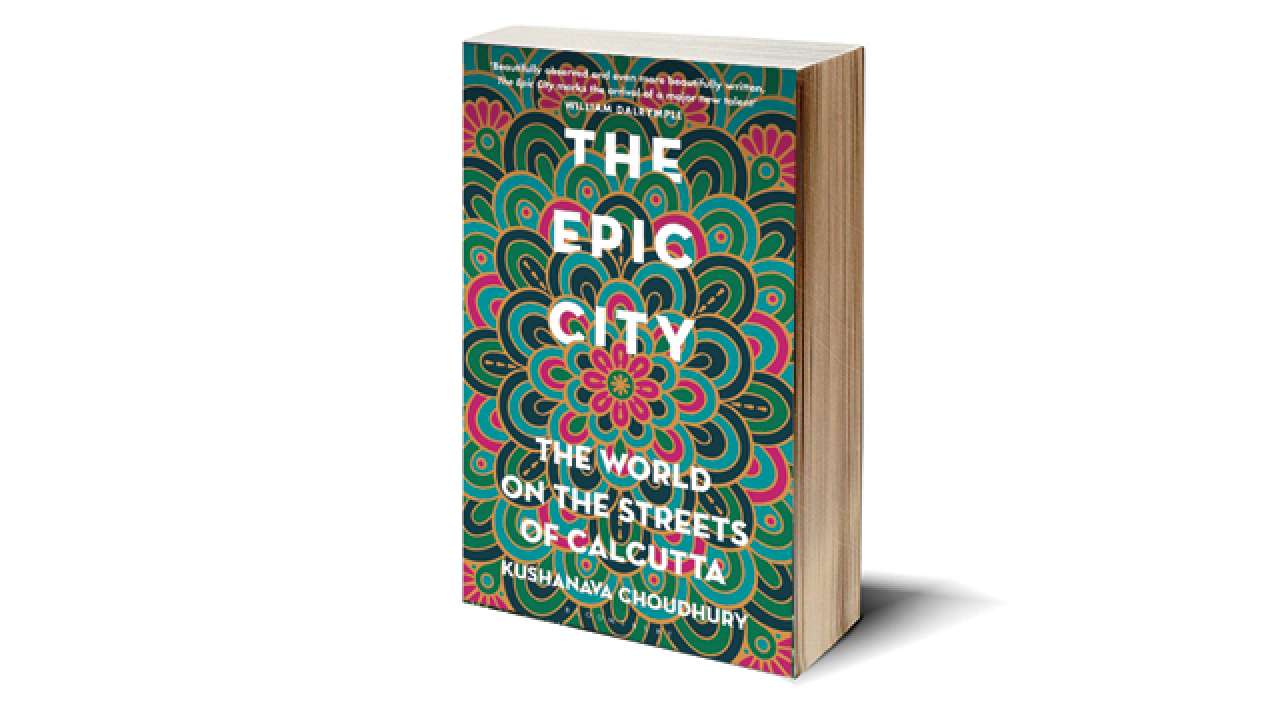
It doesn't matter if you are living in Kolkata or leaving Kolkata. The 'epic city' exercises an indescribable pull whether you are rushing past its narrow lanes and alleys, or are hundreds of miles away. Why that should be is a mystery. The city does not have beautifully laid-out parks; neither are its age-old buildings preserved and restored to reflect its glorious — albeit disturbing — past; nor are its roads tree-lined. The people too are not always nice. So what is it about Kolkata that you hate to love?
In his debut book The Epic City, Kushanava Choudhury attempts to answer this by looking at the city of his birth without rose-tinted glasses. Choudhury's parents left Kolkata twice: "They were unwilling to leave their country and they were unable to stay," he says. After graduating from Princeton University, the author returned to Kolkata and briefly worked with The Statesman. As Choudhury puts it, "It took two monsoons in Calcutta to wash away all the idealism that I had brought across the seas. Calcutta grinds you down. There is so much to which you have to react that you have little time or energy left to act." Just like his parents, he was unable to stay and entered into a PhD programme at Yale University. He returned, though, to work on this book and address all that made him miss the city.
Realistic and well-researched, The Epic City delves into Choudhury's memories of his family in the city and how it becomes more a crucible of reminiscences of his dida (grandmother), uncles and father. At the same time, Choudhury charts the city's growth from a bustling commercial centre to a chaotic hodgepodge of ideologies, dreams, aspirations and harsh realities.
Visually rich, the book gives you a taste of the dust beaten of rare second-hand copies of books sold on College Street, a whiff of the reek of urine on alley intersections in the city and shoves a plate of piping-hot kochuri under your nose. That's nostalgia for those who have been in the city, not merely as tourists, but have lived there and felt frustrated by it. The book may, however, not be received kindly by those who live there now. And that is the beauty of Kolkata. When you are there, you find excuses for its slow pace by saying the city isn't materialistic and running after money, like Delhi or Mumbai. You look around the dilapidated buildings and stunning trellis work on balconies going to rust and gush about the "character" of the city. And you choose to talk about how kind and helpful people in the city were when you asked them for directions, choosing to ignore the many instances of road rage, of the elderly being killed by domestic help, of images of sari-clad women torching city buses or breaking chairs in a school as a mark of protest.
Choudhury also takes us through rare sights such as Kumortuli before Kali pujo. There are also his conversations with old party (Communist) leaders who were once significant cogs in the city's industry's wheels. The book throws light at the chandeliers of the city's rich past, but doesn't shy away from pointing out the cobwebs, dirt and grime settling in either.